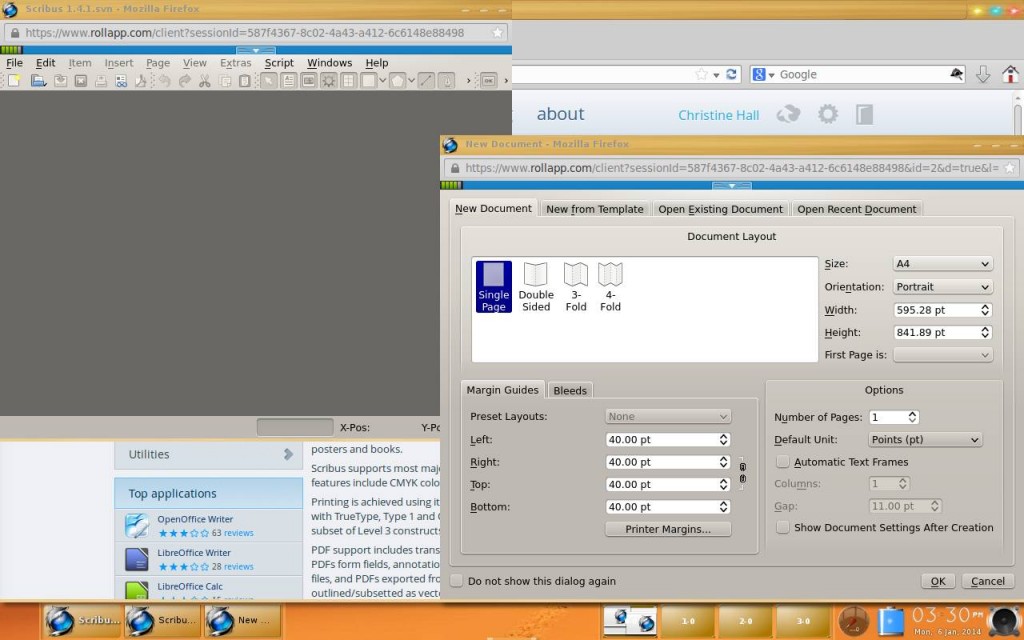FOSS Week in Review
NSA spying not as effective as claimed
Claims from the Obama White House and the NSA about the effectiveness of the NSA’s dirty tricks evidently aren’t true, according to a report from the New America Foundation. Since the Snowden revelations began, we’ve heard that something like 50 terrorist attacks have been averted as a result of the NSA monitoring Americans’ phone records and such.
However, Mashable tells us that according to this report, the effects of the NSA’s cyber spying has been minimal.
“‘Our review of the government’s claims about the role that NSA “bulk” surveillance of phone and email communications records has had in keeping the United States safe from terrorism shows that these claims are overblown and even misleading,’ said the research team, led by Peter Bergen, a reporter specialized in national security who also interviewed Osama Bin Laden in 1997.
“‘Traditional investigative methods, such as the use of informants, tips from local communities, and targeted intelligence operations, provided the initial impetus for investigations in the majority of cases, while the contribution of NSA’s bulk surveillance programs to these cases was minimal,’ they added.
The report goes on to claim that the spy agencies wholesale collection of phone data only had an impact in 1.8% of cases. The figures for PRISM’s impact is 4.4%.
![]() Back in November, the popular open source image editing program GIMP ended their association with SourceForge and dropped the site as its host. Since that time, downloads of GIMP have no longer been available on the site but have been moved to the GIMP’s website.
Back in November, the popular open source image editing program GIMP ended their association with SourceForge and dropped the site as its host. Since that time, downloads of GIMP have no longer been available on the site but have been moved to the GIMP’s website.


 There’s even been more digital security news from the EU, where there’s been a scramble to address privacy and security issues since the NSA scandal began. On January 3,
There’s even been more digital security news from the EU, where there’s been a scramble to address privacy and security issues since the NSA scandal began. On January 3, 




 There’s plenty about Rockstar vs Everybody Android to remind me of the SCO fiasco. Enough so to make me wish we still had PJ and Groklaw to take care of the play-by-play. Last week, Google returned fire. Wouldn’t it be nice to have PJ’s take on this?
There’s plenty about Rockstar vs Everybody Android to remind me of the SCO fiasco. Enough so to make me wish we still had PJ and Groklaw to take care of the play-by-play. Last week, Google returned fire. Wouldn’t it be nice to have PJ’s take on this?

